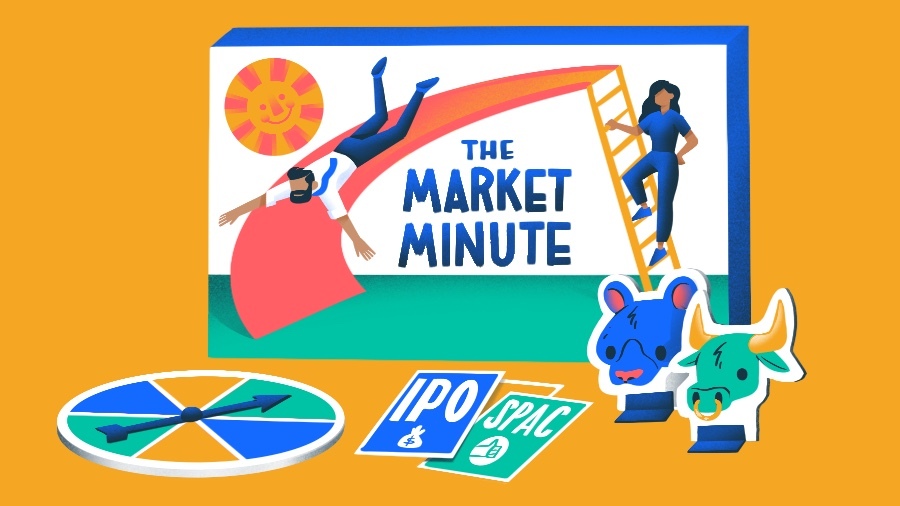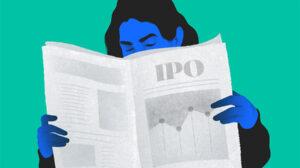The public markets have been on a rollercoaster ride over the past few weeks, which means companies have put their initial public offering plans on pause. We’re almost halfway through the first quarter of the year, and it’s still more or less crickets from the IPO pipeline.
As a result, many employees seeking liquidity are instead looking toward the secondary market, where employees and investors can buy and sell their shares. The heightened interest in selling shares on the secondary market has already started to be reflected in lower prices for startups shares, according to people we spoke with.
Secondary markets platforms including EquityZen and Forge facilitate the buying and selling of shares between investors and private-company employees who have equity in those businesses. Essentially, they help shares trade hands before an IPO, when a company issues new shares and makes its stock available to the general public.
For employees looking to cash out on their equity sooner—rather than wait for public market conditions to improve—secondary marketplaces have emerged as essentially the only option to gain liquidity in the short-term.
Search less. Close more.
Grow your revenue with all-in-one prospecting solutions powered by the leader in private-company data.
Lower prices set in
Over the past three or four weeks, EquityZen has noticed more shareholders are comfortable selling shares at lower prices than they would have late last year amid a robust IPO market, according to Phil Haslett, the platform’s co-founder and chief revenue officer. Shares in some companies are trading 10 percent to 30 percent lower in the first quarter of 2022 compared to the fourth quarter of 2021, per EquityZen.
EquityZen also expects when primary rounds occur for companies on the platform, the valuations will reflect what’s going on in the public markets, meaning they’ll probably be lower.
In the past two weeks, EquityZen has seen a large uptick in shareholders registering to sell shares, Haslett said, which makes sense because it may be the case that their company isn’t going public anytime soon.
“This is one of the reasons we built EquityZen, because there’s not a real active market for private shares and it becomes more and more important if there’s a slowdown in the public market,” he said.
The most recent time EquityZen, which was founded in 2013, saw activity like this was in March and April 2020, Haslett said. The uncertainty then was around the beginning of the COVID-19 pandemic, whereas now it’s more focused on the uncertainty with the market. Meanwhile, there are a lot of people who expected to get some liquidity this year and that may not be the case.
IPOs on pause
Just 17 companies have priced IPOs so far this year, according to IPOScoop. Most recently, bamboo clothing and bedding company Cariloha postponed its IPO this week, citing market conditions.
For that reason, investors like Jon Bassett of NextGen Venture Partners remain excited about platforms like Carta that let employees achieve liquidity. A postponed IPO “can be a moral hit to a team, so when you can, provide that liquidity through another means,” Bassett said.
Despite the public market lull, employees are still preparing for when the IPO window opens again, according to Jaime Moreno de los Rios, COO of equity planning and stock option financing platform Secfi.
“On the customer end there are as many customers coming to our platform as there were in December. But we’re being a little more restricted on terms,” Moreno de los Rios said, adding that private company valuation may be adversely impacted by lowered valuations of public companies in the same industry.
EquityZen’s Haslett said a reality check may await employees watching the public markets.
“We’ve been in this bull market for like 12 years now, so there are a lot of employees—particularly at tech companies—that haven’t felt the reality that stocks can go down,” he said.
Illustration: Dom Guzman

Stay up to date with recent funding rounds, acquisitions, and more with the Crunchbase Daily.








67.1K Followers